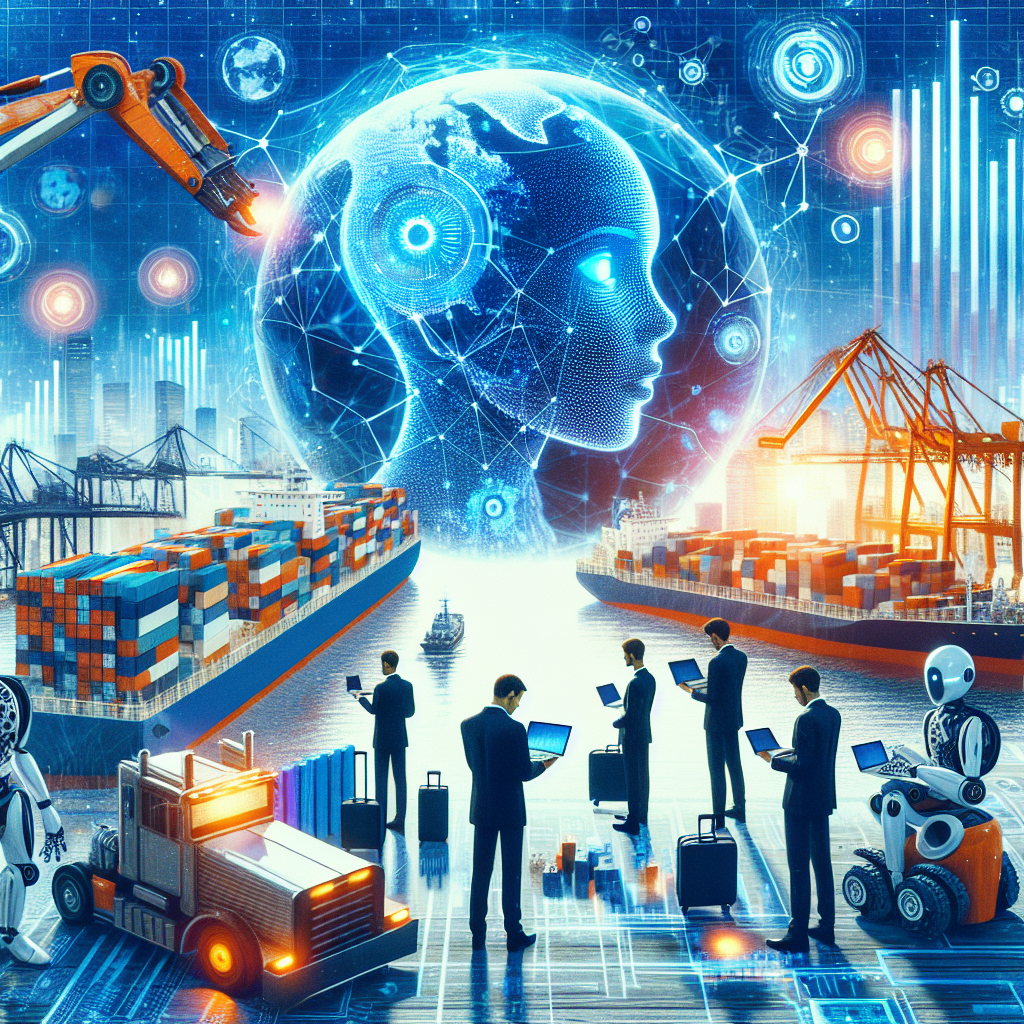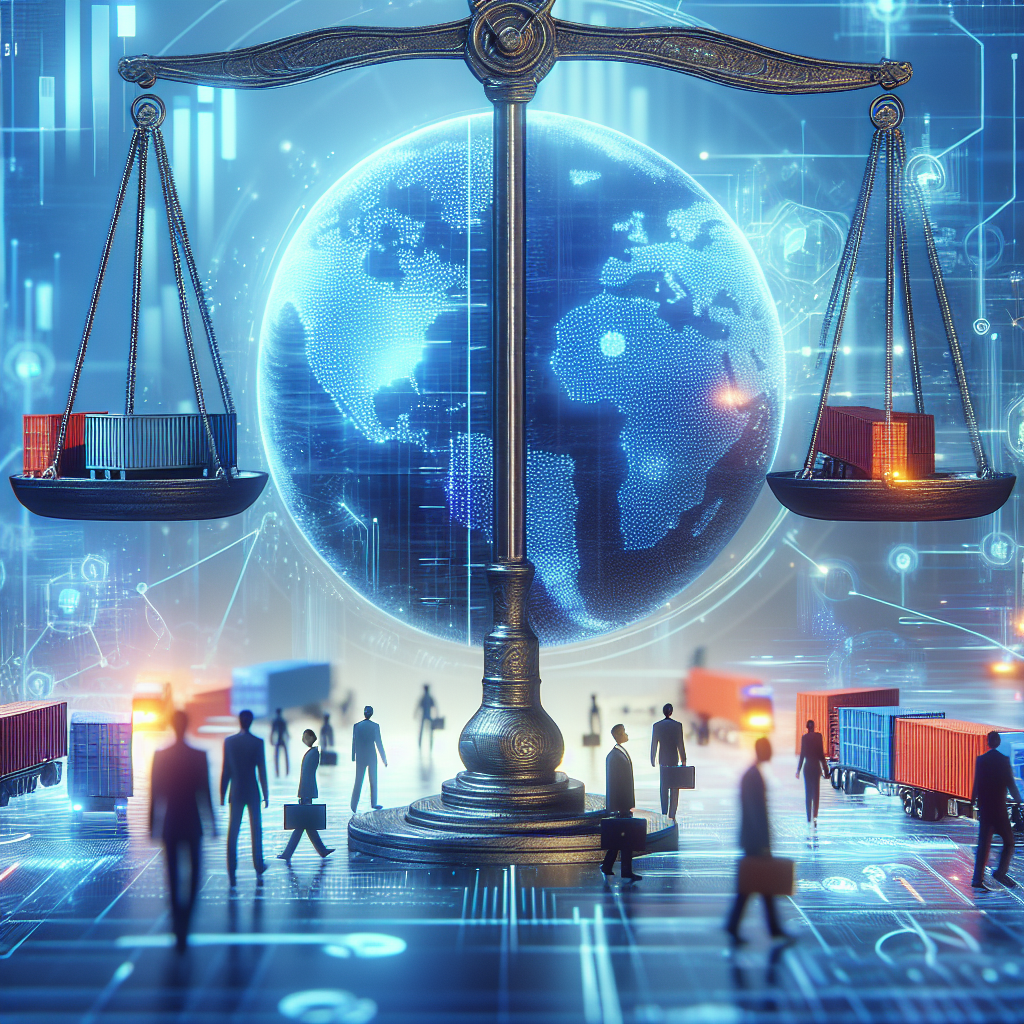
AI Revolutionizing Global Trade: Opportunities and Challenges
0
4
0
In the ever-evolving landscape of global trade, innovation plays a pivotal role in driving efficiency, accuracy, and sustainability. One of the most transformative technologies making waves in the realm of trade is Artificial Intelligence (AI). From trade forecasting to supply chain management, AI is revolutionizing the way businesses operate on a global scale. Let's delve into the opportunities and challenges that AI presents in reshaping the future of trade.
AI in Trade Forecasting and Optimization
Trade forecasting has traditionally relied on historical data and statistical models to predict trends and plan strategies. However, AI is taking this process to new heights by leveraging advanced algorithms and machine learning techniques to analyze vast amounts of data in real-time. By incorporating AI into trade forecasting, businesses can make more accurate predictions, anticipate market fluctuations, and adapt their trading strategies proactively.

Moreover, AI-driven trade optimization tools enable companies to automate decision-making processes, optimize shipping routes, and minimize costs. Through machine learning algorithms, businesses can identify the most efficient trade routes, reduce transit times, and enhance overall supply chain performance. This not only streamlines operations but also enhances competitiveness in the global market.
AI Applications in Supply Chain Management
Supply chain management is a critical aspect of global trade that AI is significantly transforming. AI-powered systems are capable of tracking inventory levels, predicting demand patterns, and optimizing warehouse operations with precision. By harnessing the power of AI, businesses can achieve seamless coordination across the entire supply chain, ensuring timely deliveries and minimizing stockouts.

Furthermore, AI enables predictive maintenance of transportation fleets, reducing downtime and enhancing operational efficiency. By analyzing data from sensors and IoT devices, AI can forecast equipment failures before they occur, enabling proactive maintenance and cost savings.
Ethical Considerations of AI in Trade Decision-Making
While AI offers myriad benefits in streamlining trade processes, it also raises ethical considerations that must be addressed. The use of AI in trade decision-making poses challenges related to transparency, accountability, and bias. Automated AI algorithms may inadvertently perpetuate biases present in the data used for their training, leading to unfair trade practices and decisions.

To mitigate these ethical concerns, it is crucial for businesses to implement ethical AI frameworks, ensure diverse and inclusive data sets, and establish mechanisms for ongoing monitoring and evaluation. By prioritizing ethical considerations in AI implementation, companies can uphold integrity in trade decision-making and foster trust among stakeholders.
In conclusion, the integration of AI in global trade presents immense opportunities for enhancing efficiency, optimizing operations, and driving innovation. However, it is essential for businesses to navigate the challenges of ethical AI adoption and ensure that technology is leveraged responsibly. By embracing AI with a focus on ethics and sustainability, the future of global trade is poised for unprecedented transformation and growth.
Let's embark on this AI-powered journey towards a more connected and efficient global trade ecosystem!




